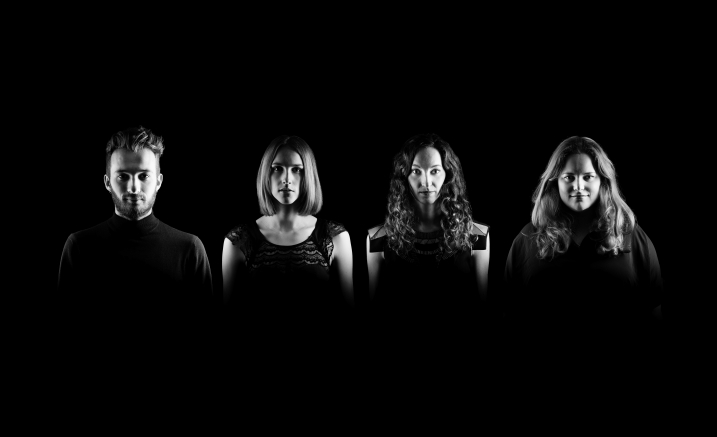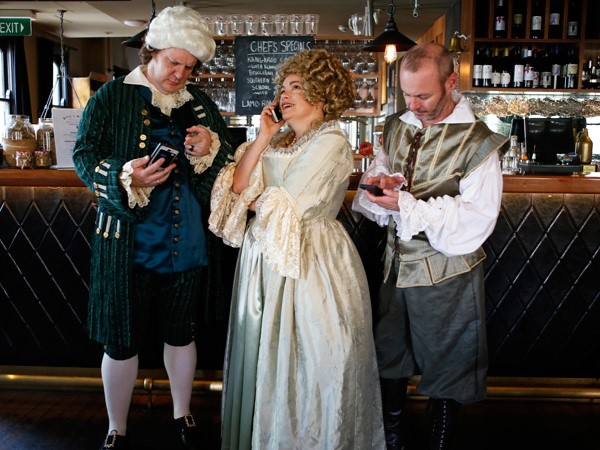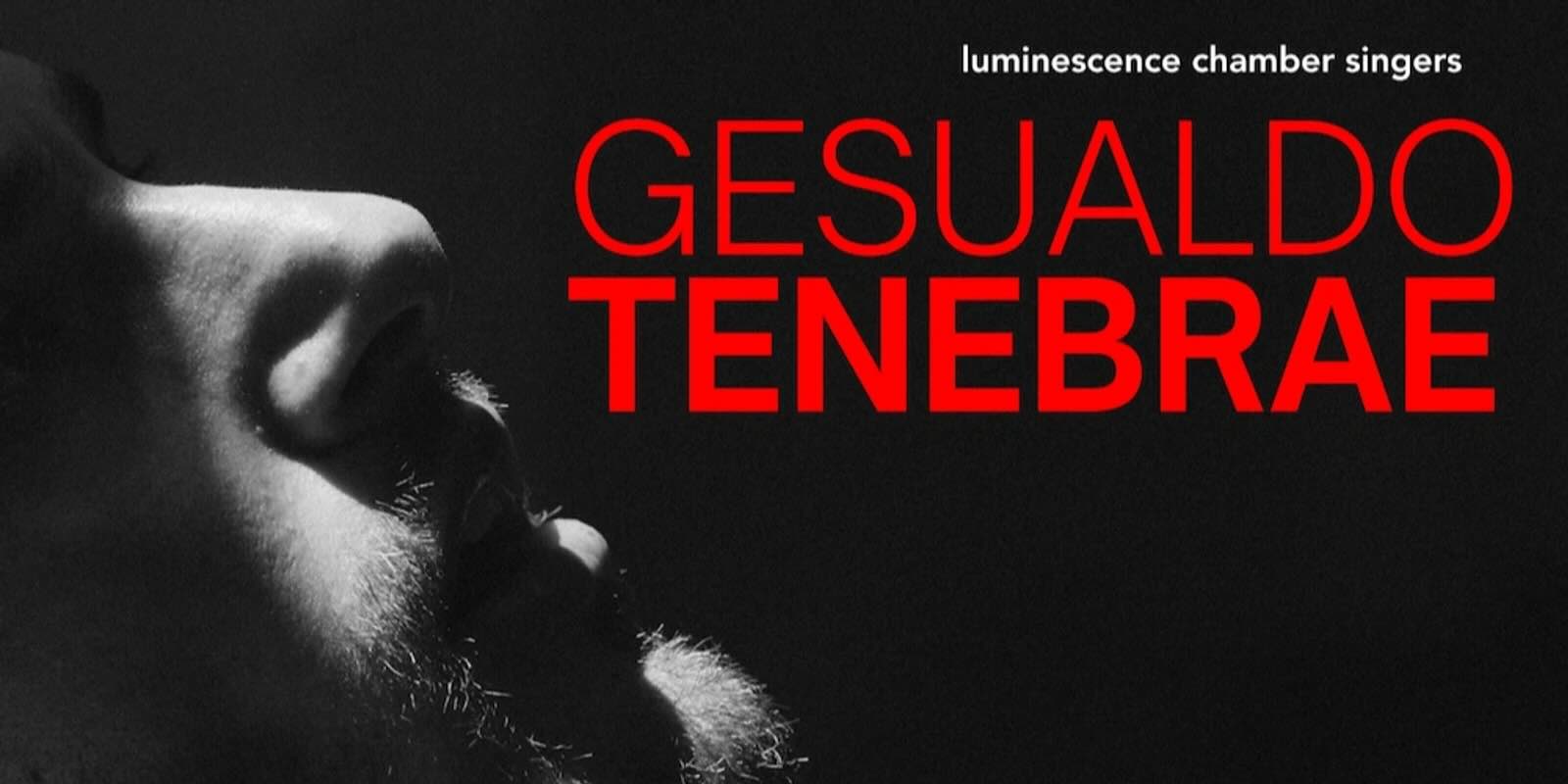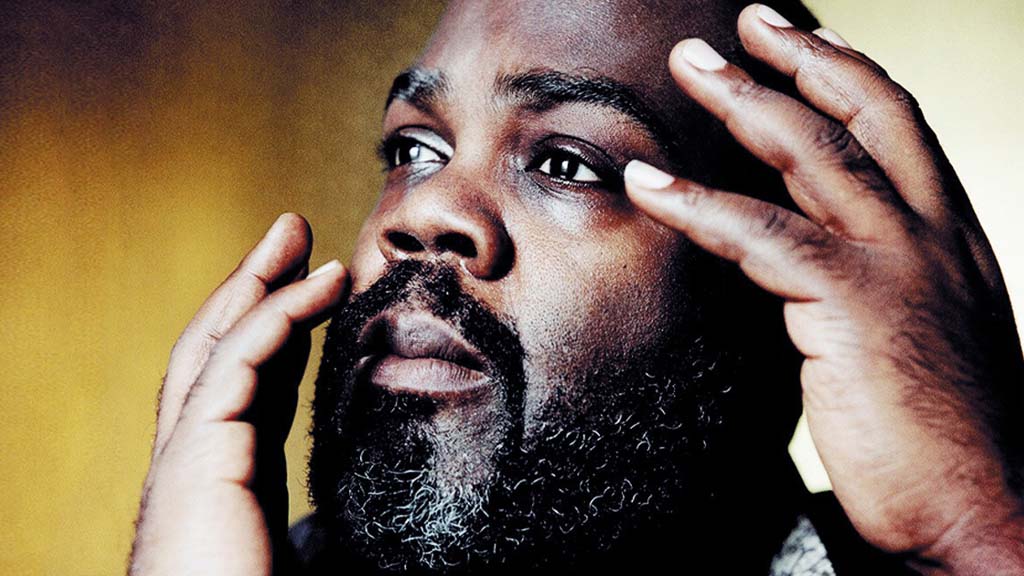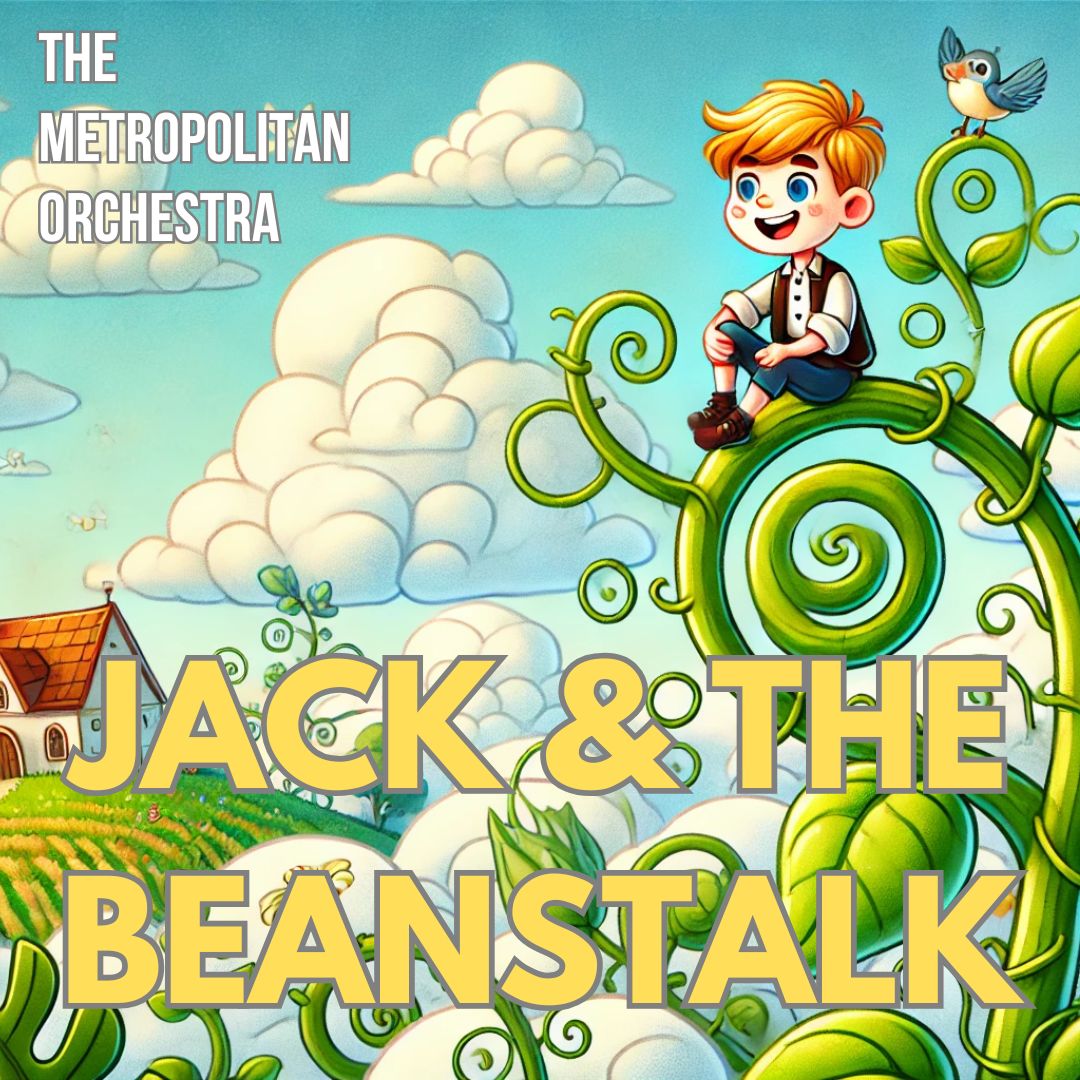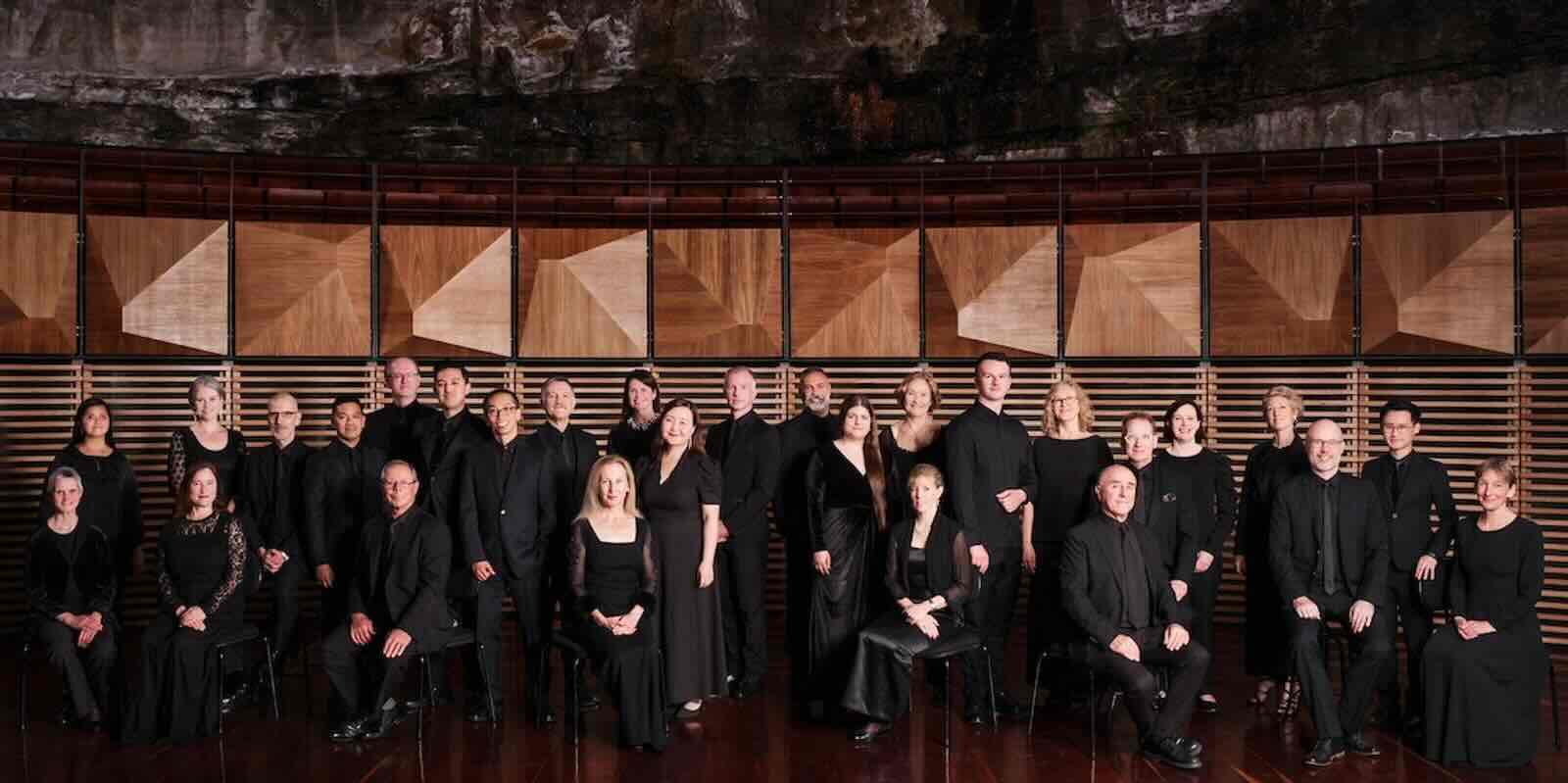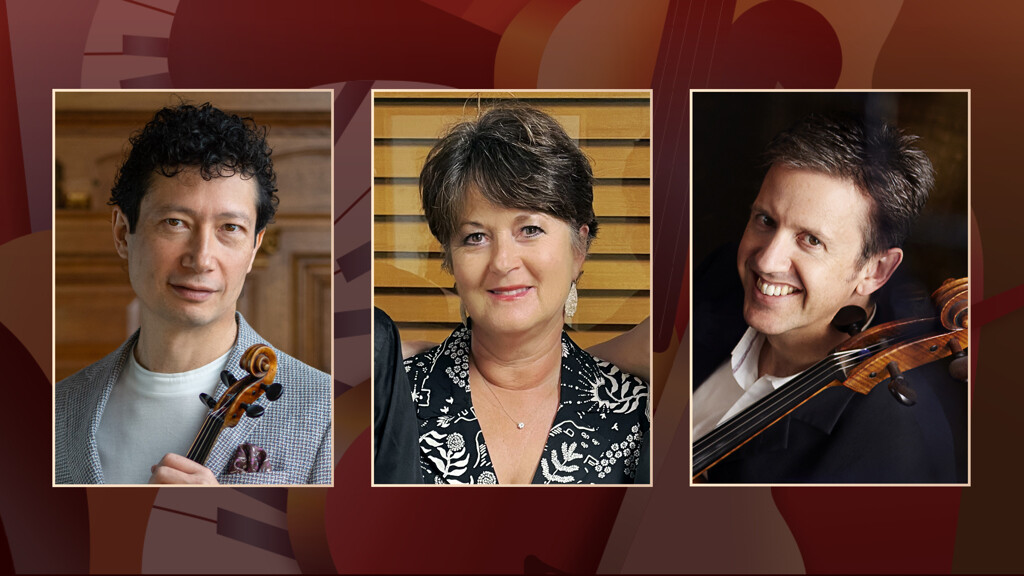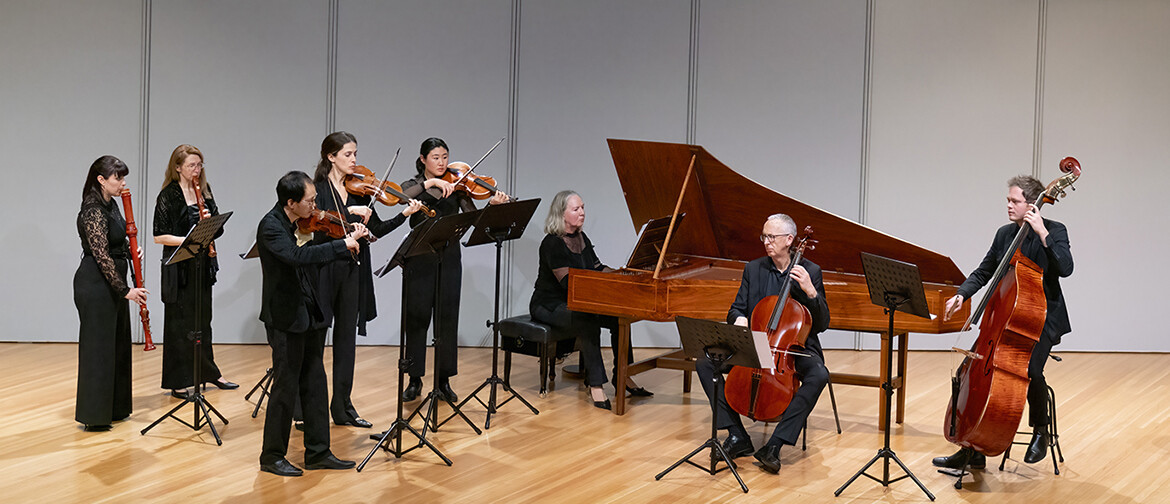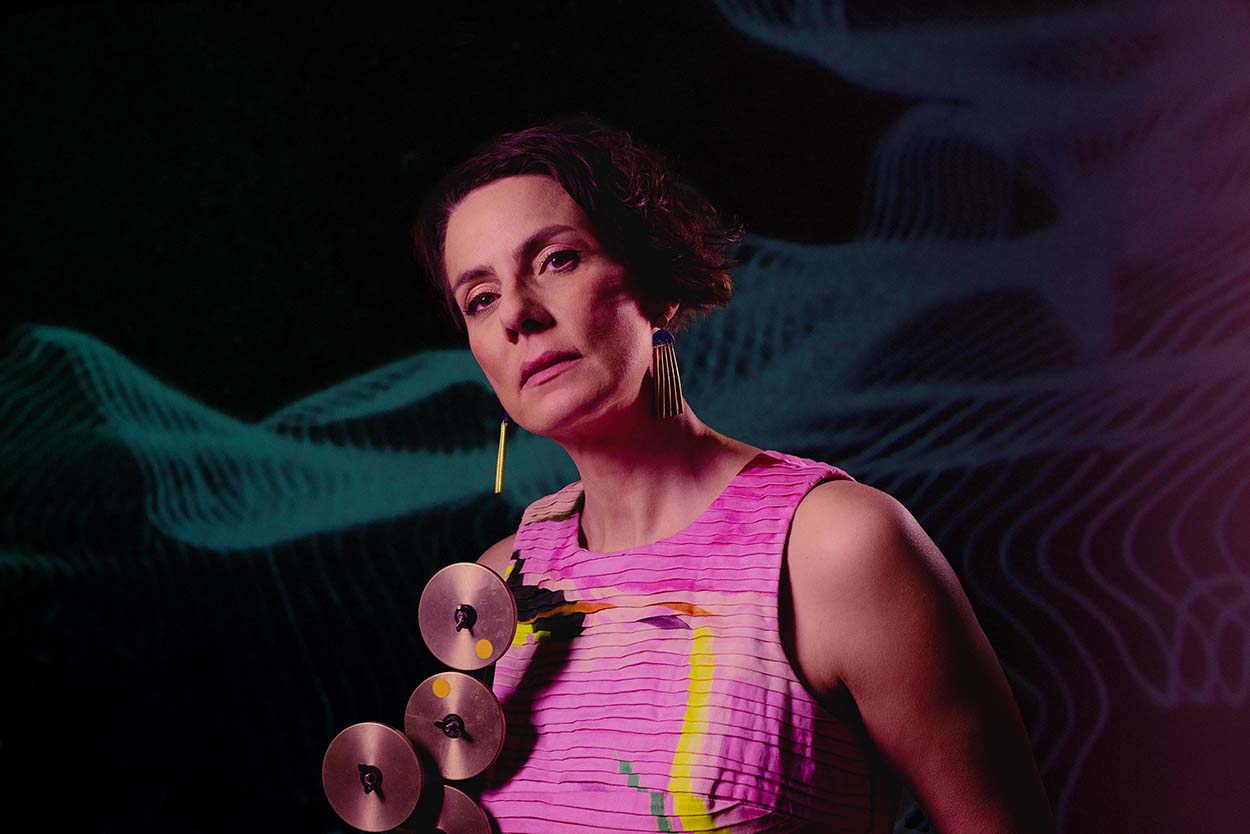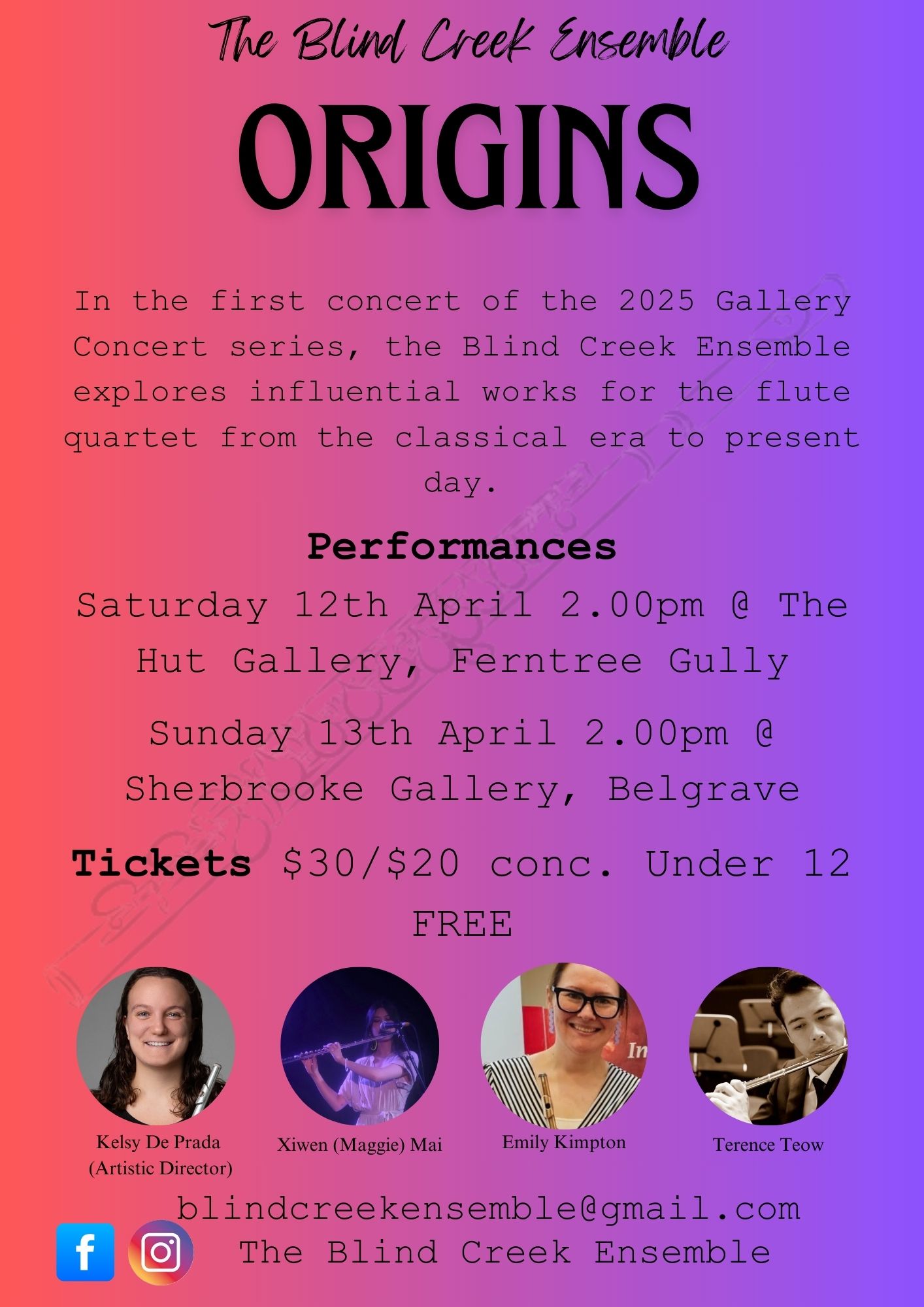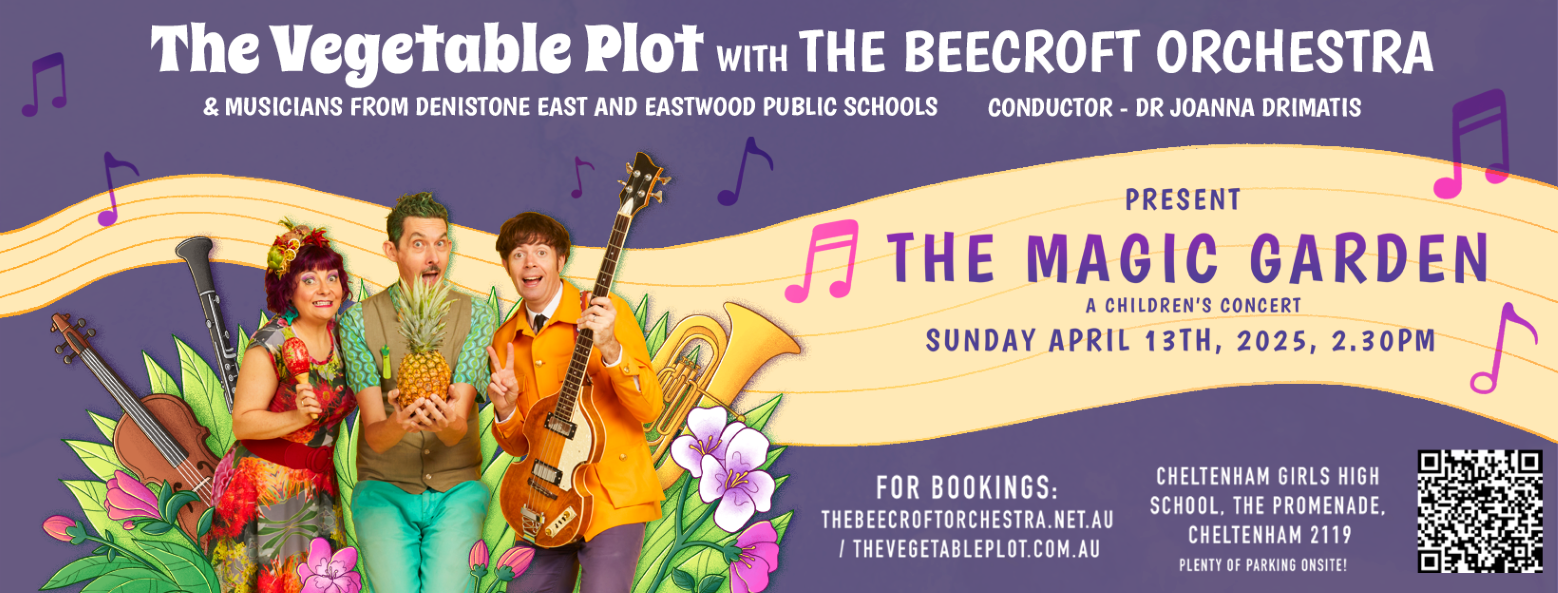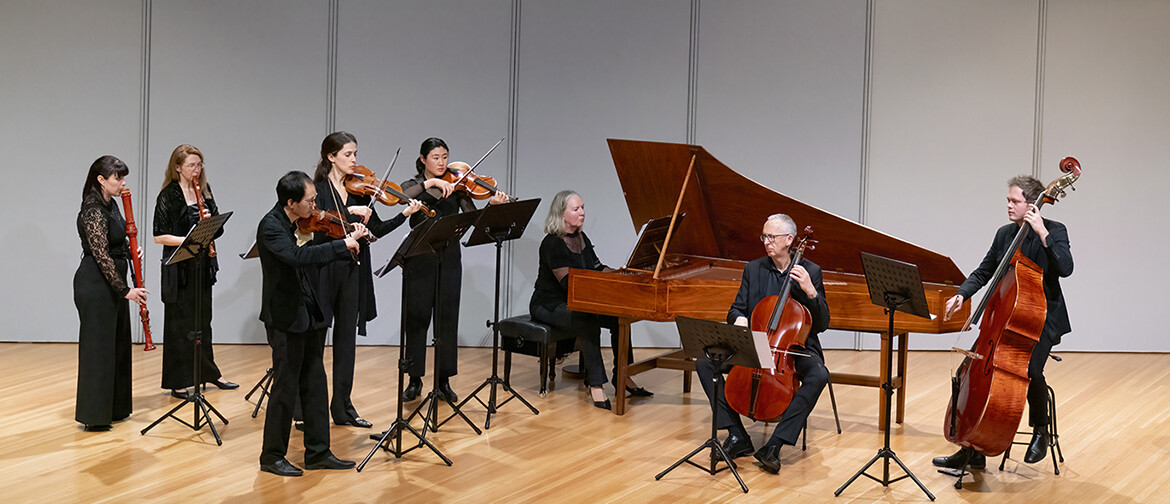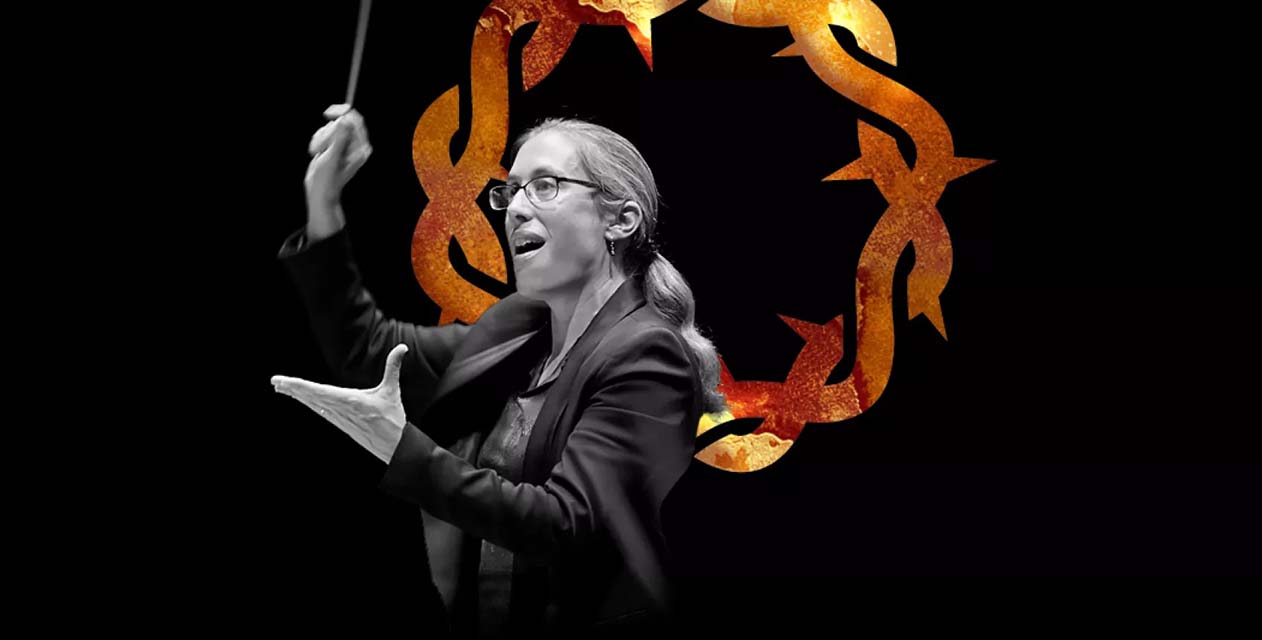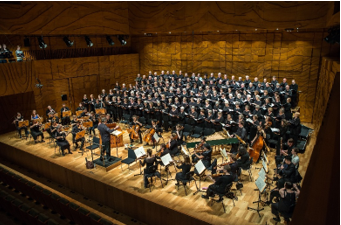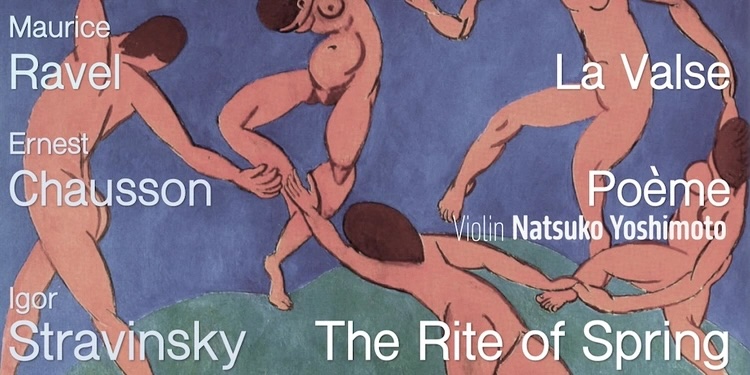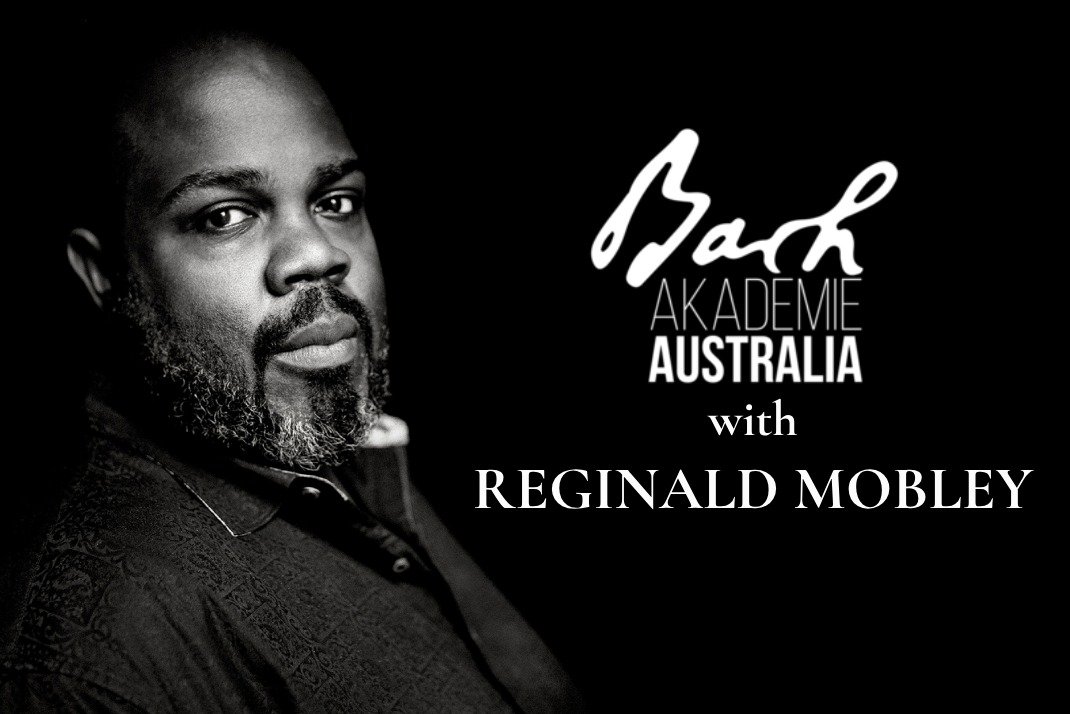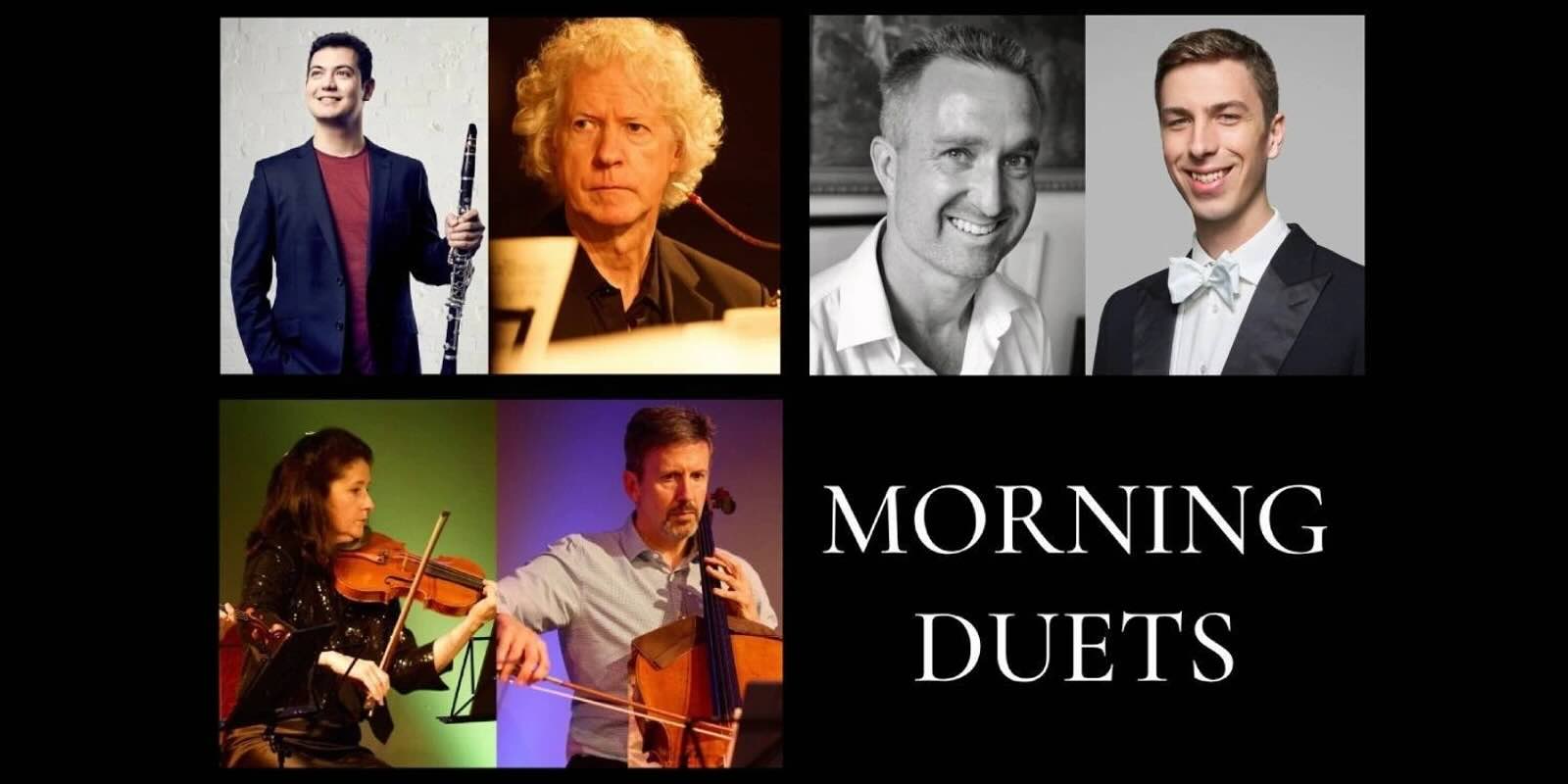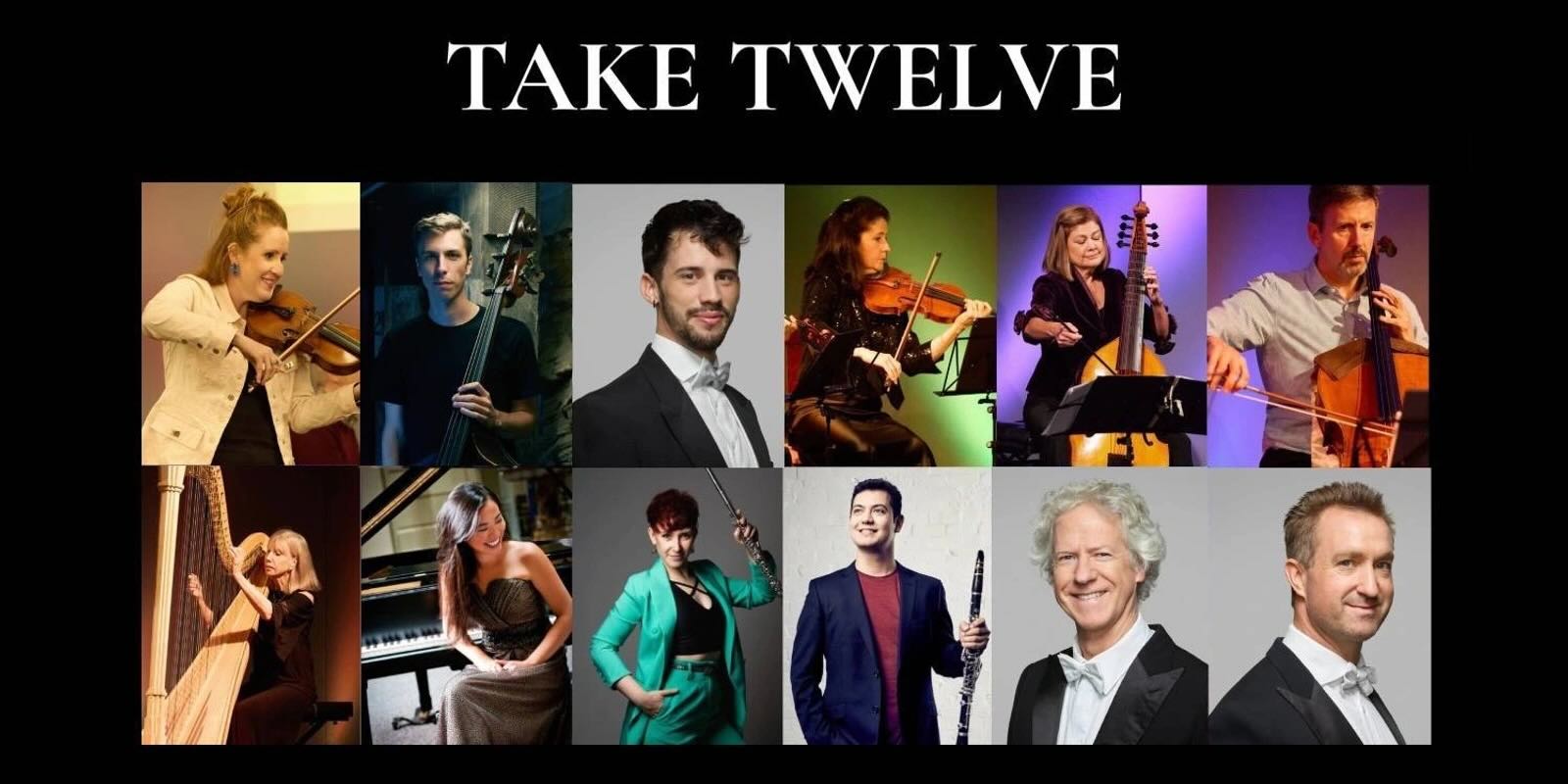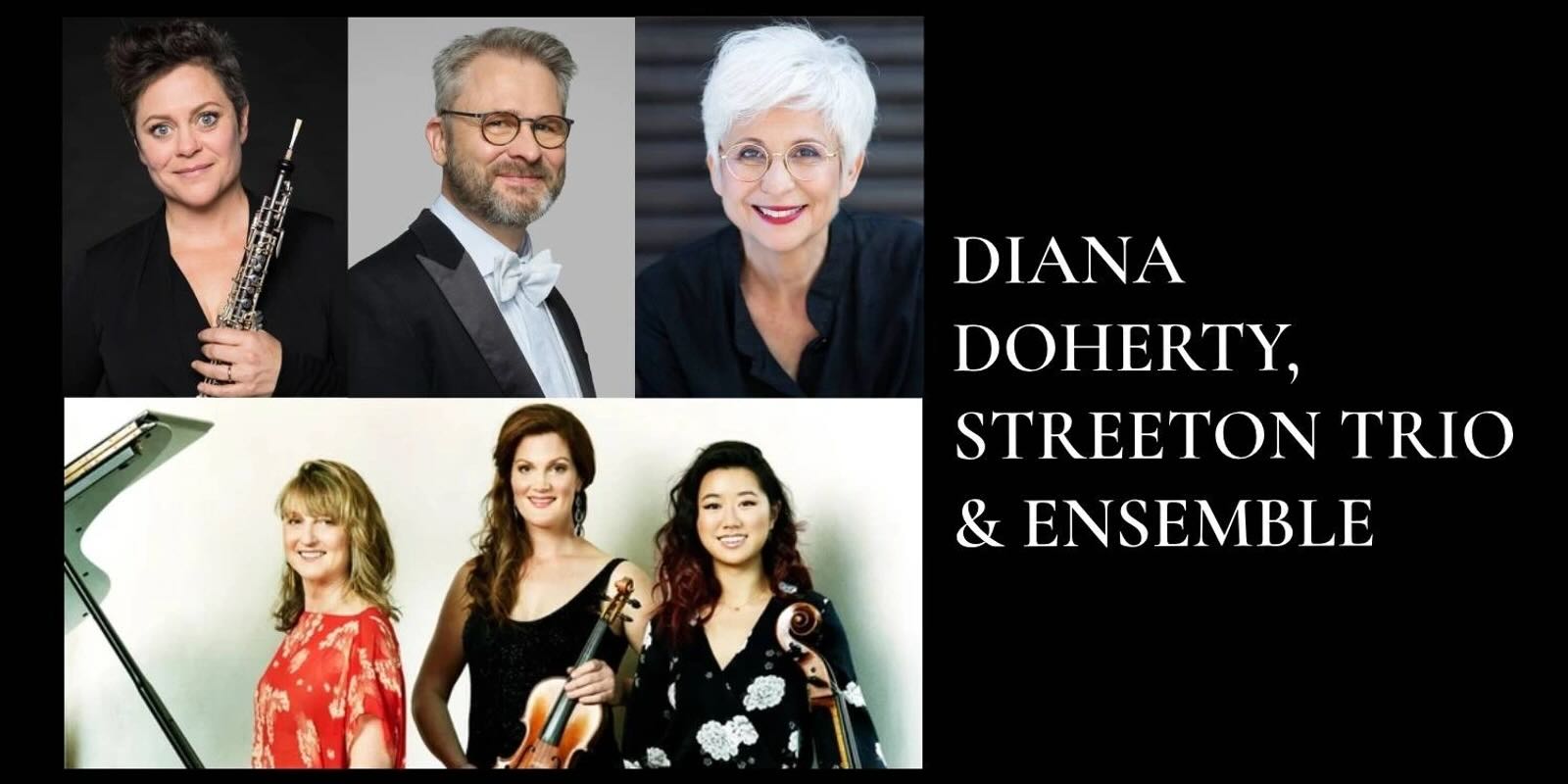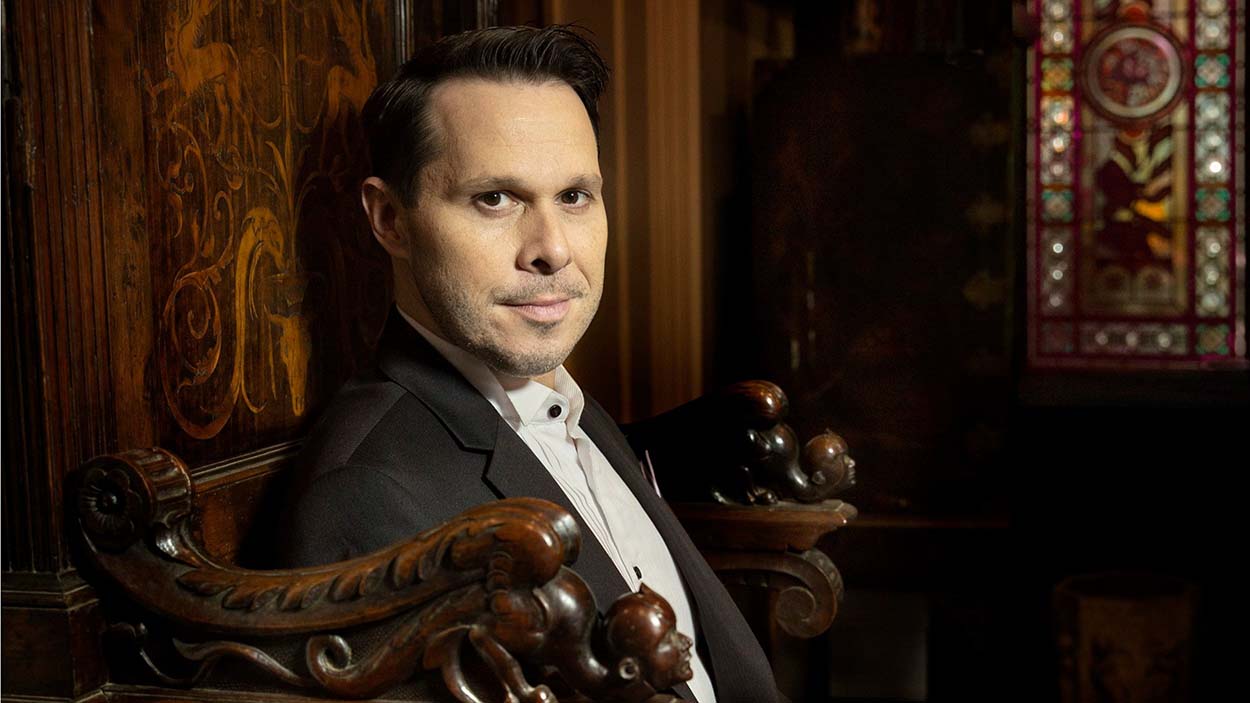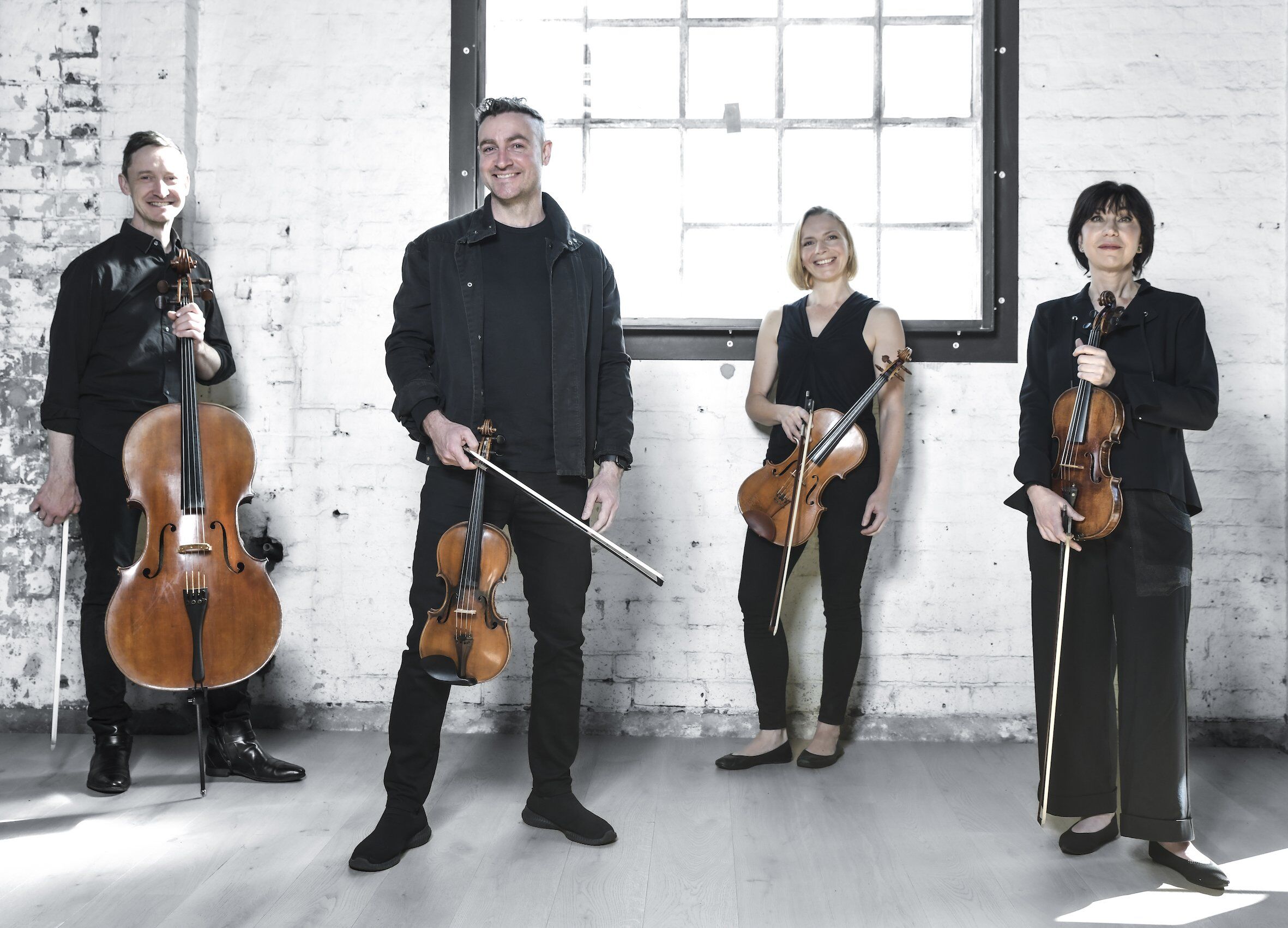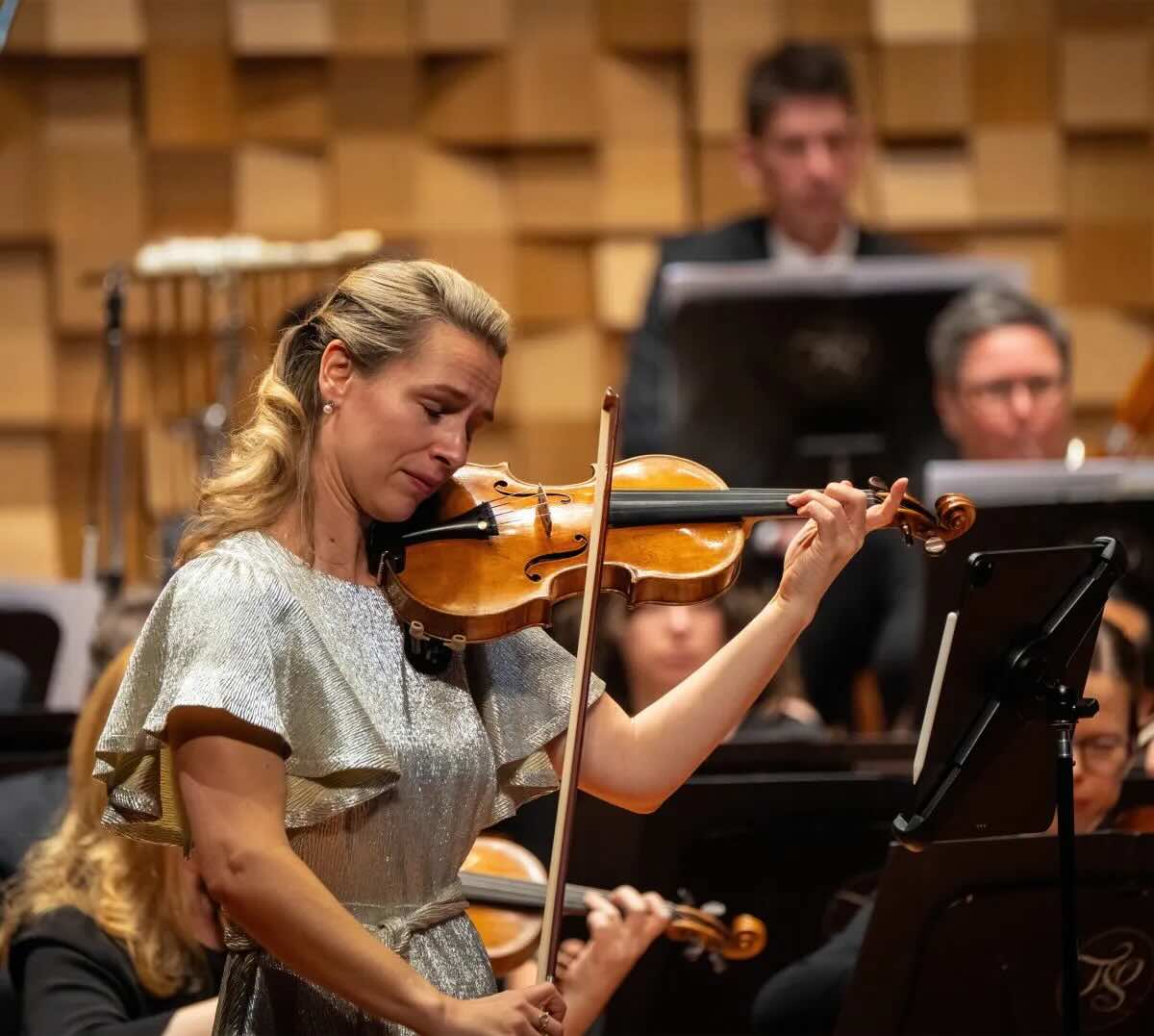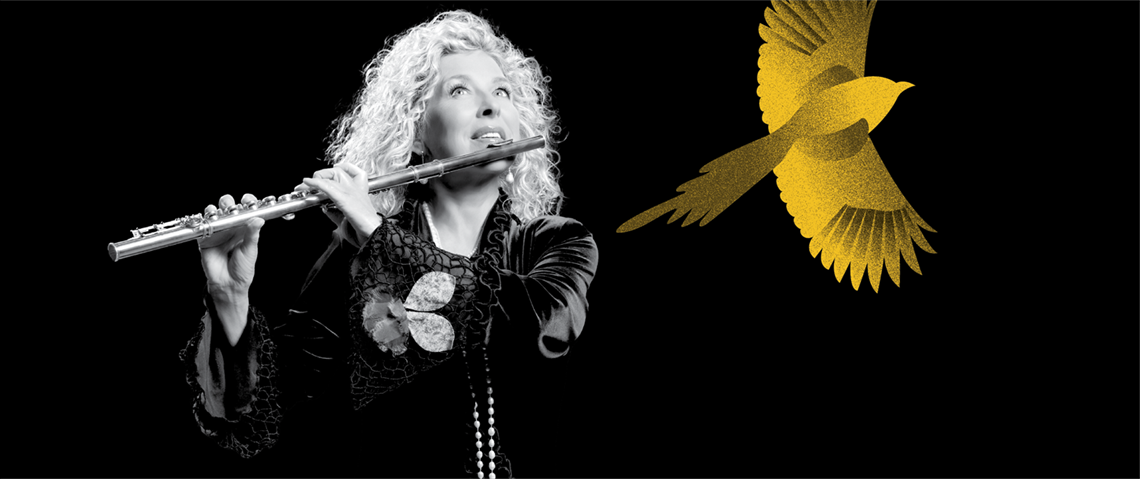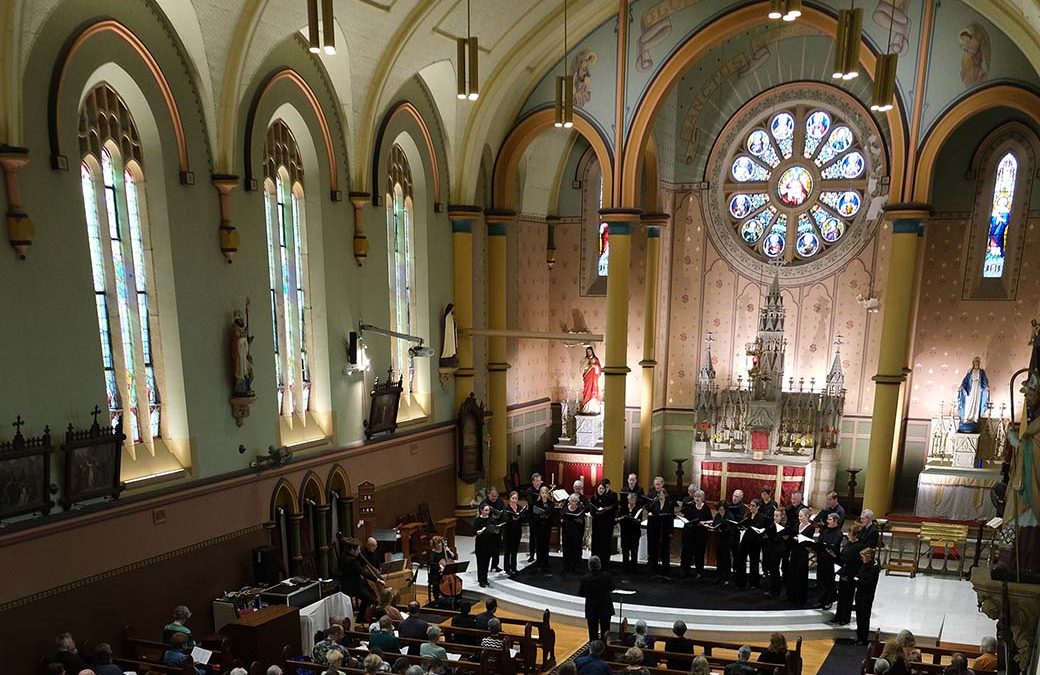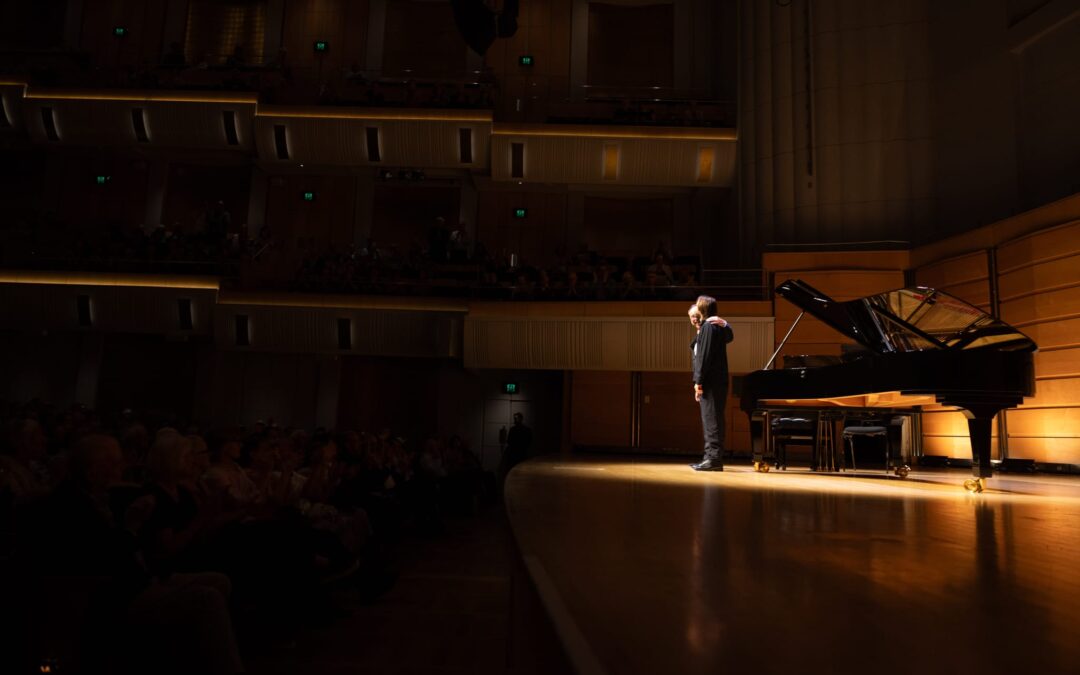Rubiks Collective, This Soft Eclipse
Thursday April 29, 2021
Back in their element in the return to the Melbourne Recital Centre, Rubiks Collective – joined by guests Kim Tan, Lucy Price, and Natasha Fearnside – displayed a thoughtful and evocative programme of musics young and old, with an underlying focus on meditation and transformation. The title of the programme, This Soft Eclipse held a luminous lamina of truly inspiring compositions featuring resonant water-cymbals, a squeaky-toy pig and stylophones just to name a few of the wacky cameos that were heard in the programme.
The opening work Our House Is On Fire from Pythia-prize winner Bianca Gannon lived up to the evening’s luminary thread, presenting a slow progression of subtle, distant cries from whistle-tones and bowed cymbals that evolved into a lush sequence of dramatic driving. The percussion utilised in particular were fascinating to observe, with clever adaption of the harmonic palette to fit that of the two gas-bottles that are struck throughout. The symbolism and inventive resourcefulness of the work’s overall structure were soulful and spoke well to the illustrious programme note, detailing Bianca’s experience of driving through ‘hours of scorched and burning national forest’ during the pre-Covid bushfire disasters. A beautifully crafted and relevant work.
Following this melancholy, a humorous and classical-prog-rock fusion piece Frogstomp from Sydney’s Holly Harrison drew a variety of energetic and uncanny sentiments. Featuring the famed squeaky-pig toy, the trio of flute, bass clarinet and an augmented drum-kit made for an entertaining array of scenes strung together with kit interludes; a homage to Harrison’s background in drumming, which is shown off well in this work. The work did drag a little at times, for the most part the fun did not wane, and the audience and performers all seemed equally enticed by this dizzying work.
The central and most unusual work, Softcore by Canadian composer Nicole Lizée showed off the dynamic virtuosity of pianist Jacob Abela and percussionist Kaylie Melville, who gave convincing performances across their instrumental, vocal and stylophonic moments. Having experienced Lizée’s work on a previous Rubiks occasion, one was familiar with the quite radical transformations the composer is capable of presenting in her work, and Softcore was no exception. The premise, lauded pop-star Prince’s song Kiss made up a good portion of the material, which was distorted, stretched and transfigured itself into a variety of musical paraphernalia, some more effective than others. Utilisation of a vast array of techniques was apparent and held well by the duo, though it did become difficult to follow the work at one stage in the midst of its transformative chaos. A fitting homage to the late Pop great, and an equally fitting Aussie-premiere performance, set under lush purpley-blue lights.
Another odd work was the Australian premiere of Five Things by American composer Eve Belgarian, whose work was the oldest and most materially frugal on the programme. A loom of woodblock, flute and bass clarinet ostinati acted as the slowly – sometimes too slowly – evolving backdrop to an abstract video, with Abela acting as the orator for reading the ‘five things’ embedded in the work. Though there was no programme note to describe the seemingly edgy work, from what one could tell there was a filament of wisdom laid within each ‘thing’ that was stated, which evoked a late 20th Century anti-establishment vibe of politicisation in music, which was held up well in the performance. Concentration was held by the performers effectively with their synchronised precision capturing this oddball in the program well, but it did stand out as the lesser of the five works performed.
The final work on the programme posed the most meditative space. In the language of the bloom, written by young Japanese-American composer Akari Komura, as part of the Kinds of Kings ‘Bouman Fellowship’ commission project, received its World Premiere. This work transported the ensemble into a headspace of responding to and embodying nature, as Komura puts it, ‘the idea of fostering and celebrating a harmonious relationship’. The imagined score, constructed of drying wildflowers – sourced by the performers – tied in nicely and acted beautifully as a beacon for improvised actions, as well as what I believe to have been some notated music. Akari places a trust in the performers, which was held to great integrity and resulted in an intimate performance of this new work.
A calming, complex evening of emotive music making by the wonderful Rubiks shined light on many issues and performance practices, which is always a delight when one goes to see them. I personally look forward to seeing where Bianca’s work goes in its future forms, as I believe its relevance possesses a need for dissemination into the canon of Australian chamber music. Keep up the great work Rubiks! We all look forward to hearing you do more great stuff soon!
Catch them at their next MRC gig Heirloom, where they will be joined by Melbourne’s equally awesome Ossicle Duo to perform an intense programme of new premieres.
– Sean Quinn
(guest reviewer Sean Quinn is a composer and writer based in Melbourne, Australia. He is currently a student at the Melbourne Conservatorium of Music)

